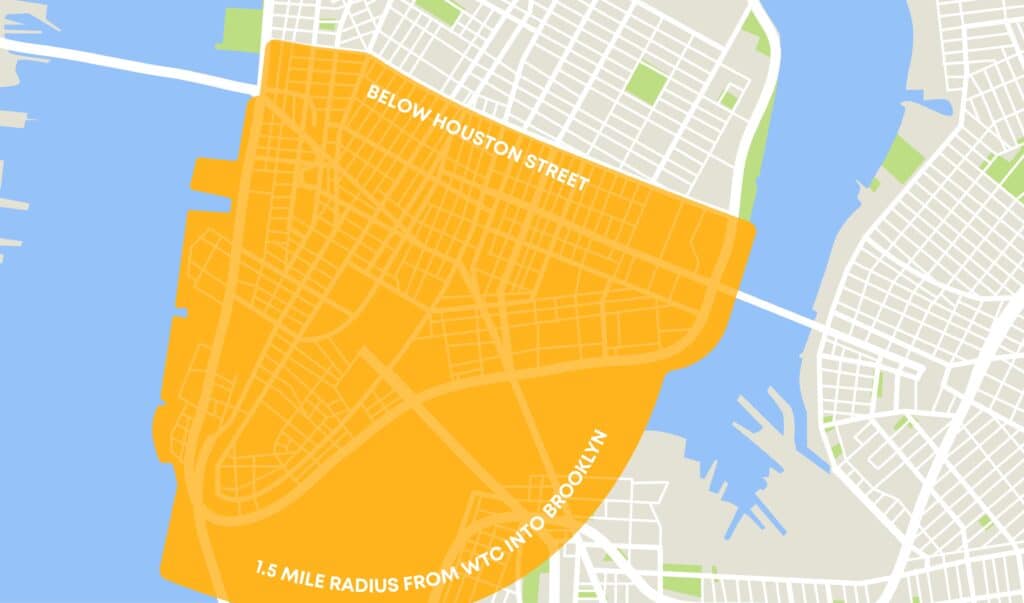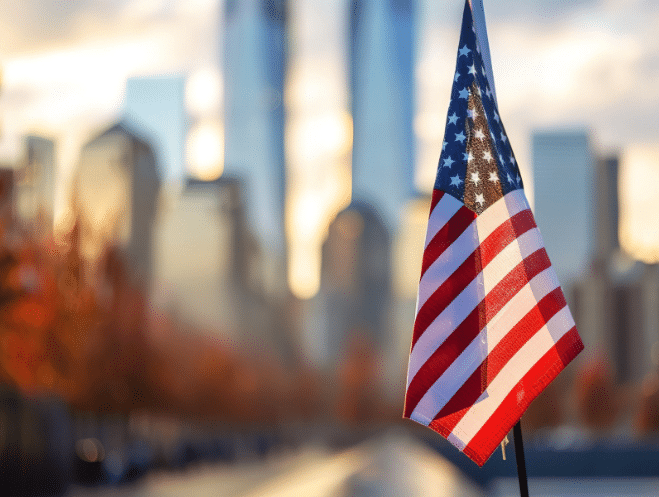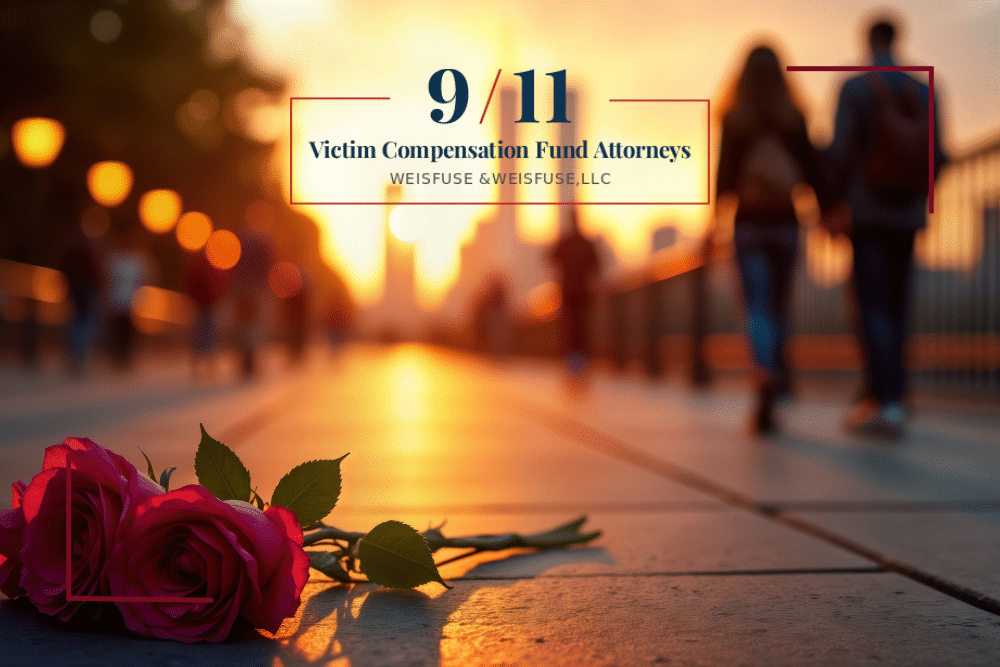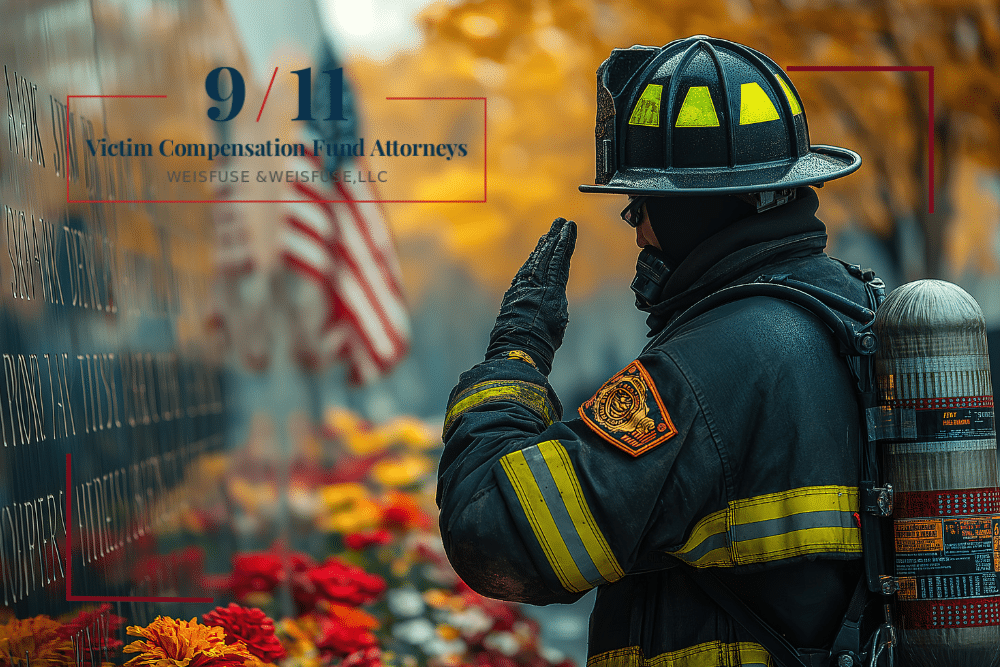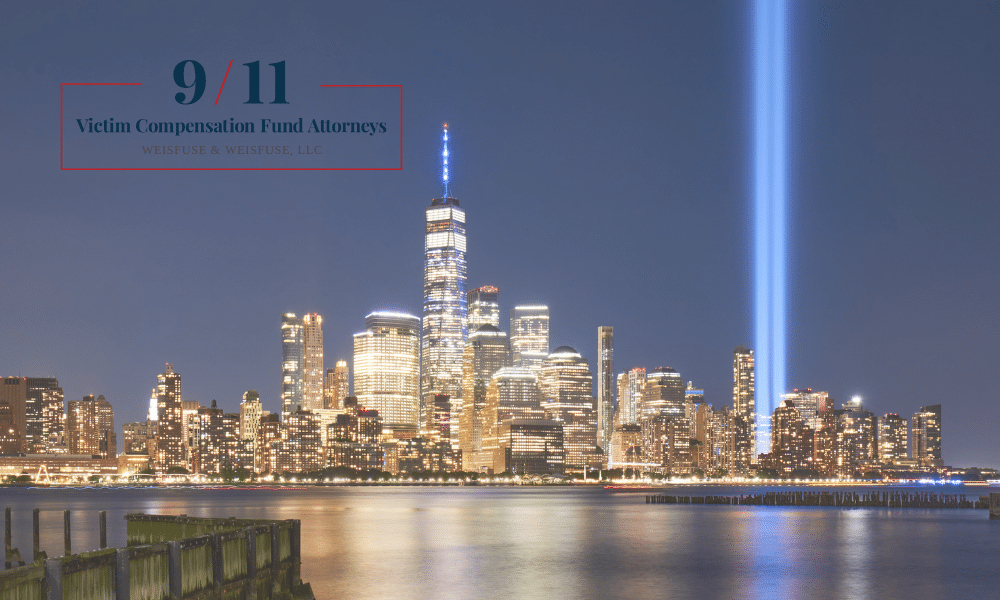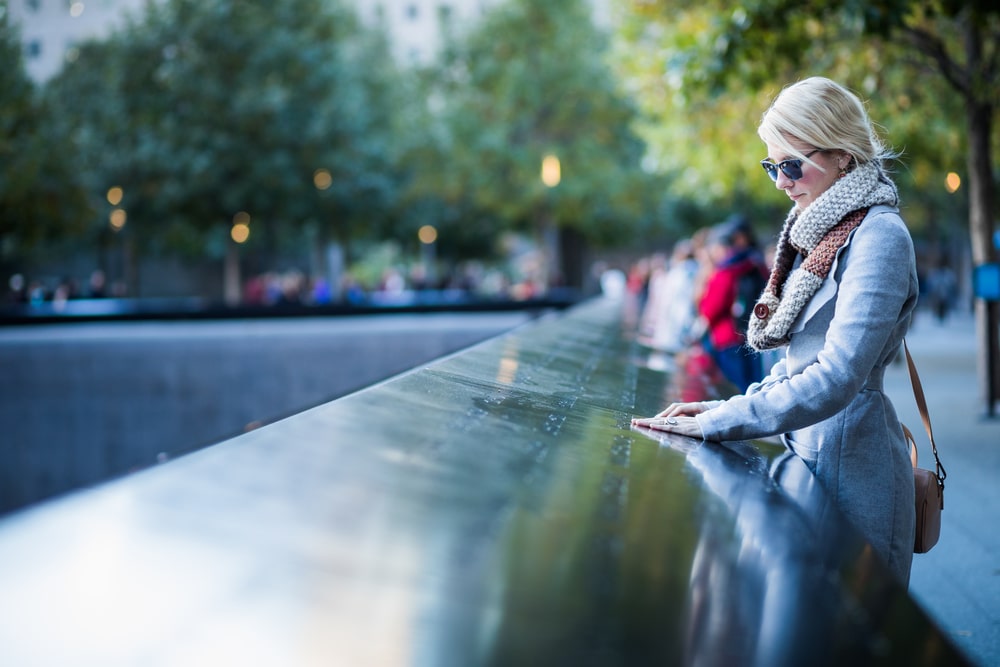
In many types of personal injury claims in New York, a complainant can seek non-economic losses as well as economic losses.
The non-economic losses cover complainants for pain and suffering, loss of quality of life, and other negative impacts on their lives.
In the case of 9/11 victims, the September 11th Victim Compensation Fund (VCF) does provide awards for non-economic losses for responders and survivors. This helps them obtain a fair monetary recovery for health conditions related to exposure to toxic dust in the aftermath of the attacks.
It is important for victims to understand the differences between the two types of losses and what they may be able to claim from the VCF.
How are non-economic loss claims valued?
Many 9/11-related health conditions have had a devastating effect on the lives of survivors and responders, especially those who have suffered from chronic health conditions related to breathing difficulties, digestive disorders, and many types of cancer.
Economic damages are relatively easy to calculate as there are bills, receipts, wage slips, and records of payment to refer to for medical treatment, loss of earnings, home services, funerals, etc.
Non-economic losses, on the other hand, are generally much more challenging to prove and put a dollar figure on. Under the Zadroga Act, non-economic loss awards depend on how negatively a victim’s life has been impacted by:
- Chronic pain and physical suffering
- Emotional pain and distress
- Mental anguish
- Loss of enjoyment of life
- The inability to function normally
- Disfigurement
- Loss of consortium and/or companionship
- Other non-monetary and non-tangible losses
Non-economic damages such as these can amount to even more than the economic losses suffered—and victims may be entitled to receive them even if economic losses are relatively minimal. This depends largely on the severity of the condition suffered.
With the help of a seasoned 9/11 VCF lawyer, victims can receive appropriate amounts for both types of losses according to the extent of their 9/11-related conditions.
VCF non-economic baseline award amounts
The VCF has established “baseline” awards for certain 9/11-related conditions that many responders and survivors have been diagnosed with since the attacks.
Non-economic loss awards range from $10,000 up to $90,000 for non-cancer conditions and up to $250,000 for cancer conditions. These statutory caps may be exceeded for victims who have suffered from multiple cancers—up to $340,000.
The significance of the baseline amounts for certain conditions is that people with these conditions need to submit no further medical documentation to be eligible for these amounts.
Often, with noneconomic losses, considerable proof is required to demonstrate the impact of injuries or illnesses on lives. The baseline amounts remove this requirement, facilitating a less complex and speedier process.
Key examples of the conditions that qualify for the VCF baseline award amounts include:
- Emphysema, interstitial lung disease, asbestosis, and sarcoidosis: the VCF awards $90,000 in non-economic losses (the highest non-economic loss amount allowable under the Zadroga Act for a non-cancer condition).
- Prostate cancer: the award is $200,000. To obtain the maximum cancer award of $250,000, claimants do not need to seek additional certifications from the World Trade Centre Health Program (WTCHP), but the VCF will consider claimants’ medical records to determine whether permanent complications, metastasis or recurrence warrants a higher award.
What are the awards for less severe and debilitating 9/11 conditions?
Some 9/11 conditions that are not as severe as serious chronic lung conditions or cancer are deemed “presumptively less severe and debilitating”.
These conditions can still be eligible for financial compensation via the VCF awards program and because they are already presumed to be connected to 9/11 toxic dust exposure, the path towards claiming compensation is simple.
Qualifying conditions include the following:
- Asthma
- Chronic bronchitis
- Chronic cough
- COPD
- GERD
- Sinusitis
- Obstructive sleep apnea
These conditions qualify for a lower amount of compensation. However, it may be possible to claim more than the standard amounts awarded if evidence is provided about the severity of the condition and its impact on the victim’s life.
It should be noted that the VCF specifies that additional conditions should only be certified by the WTCHP if necessary for appropriate medical treatment to be administered—not to show severity to obtain a higher award from the VCF.
This is another example where the assistance of a 9/11 attorney can be of great value to a claim. An experienced lawyer will help gather and present the necessary documentation to support a claim for higher compensation.
What documents can be used to show the severity of a 9/11-related condition?
To claim greater non-economic losses from a 9/11-related condition than the standard amount awarded by the VCF often requires proof in the form of medical documentation.
Specifically, this should be documentation from within three years of the claim submission date and should be one or more of the following types of evidence:
- Recent medical documents that show the type and frequency of treatment, such as hospitalization, surgery, and emergency treatment records
- Recent test results, including X-rays, CT scans, sleep studies, and diagnostic procedures
- Recent documentation of medications and how often they are taken
- A document from the treating healthcare professional
- Reports from specialists who can explain how the condition limited activities
- Private insurance records that address the condition
- Records of state or federal agency proceedings that address the condition
In addition to this documentation, personal statements from claimants can be submitted to the VCF. These statements should demonstrate the impact of the condition on the claimants’ lives over a specific timeline, as well as the medical treatment received.
Contact Weisfuse & Weisfuse LLP Today
To discuss your situation and learn more about how we may be able to help you, please call Weisfuse & Weisfuse, LLC at 212-983-3000 or contact us online to schedule a free consultation.
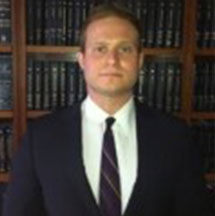
About Jason Weisfuse –
9/11 Victim Compensation Fund Attorney
About Jason Weisfuse –
9/11 Victim Compensation Fund Attorney
Jason E. Weisfuse is a seasoned 9/11 cancer attorney and managing partner at Weisfuse & Weisfuse, LLC, a New York City-based law firm dedicated to representing individuals affected by the September 11th attacks. Since the establishment of the September 11th Victim Compensation Fund (VCF), Jason has been instrumental in assisting first responders, survivors, and families in securing the compensation and medical benefits they deserve.
With a Juris Doctor from New York Law School (2009), Jason brings extensive experience regarding the 9/11 Victim Compensation Fund to his practice. His deep understanding of the VCF and the World Trade Center Health Program (WTCHP) has enabled him to navigate complex claims processes effectively, resulting in substantial awards for his clients.
Jason’s commitment to the victims in the 9/11 community is evident through his active involvement in professional organizations such as the New York State Trial Lawyers Association and the American Association for Justice. He has also contributed to legal discourse with publications in the New York Law Journal, reflecting his dedication to legal excellence and advocacy.
At Weisfuse & Weisfuse, LLC, Jason continues to provide compassionate and knowledgeable representation, ensuring that those affected by 9/11 receive the support and compensation they are entitled to.


